Google shouldn't release the Pixel 8
Take a break.
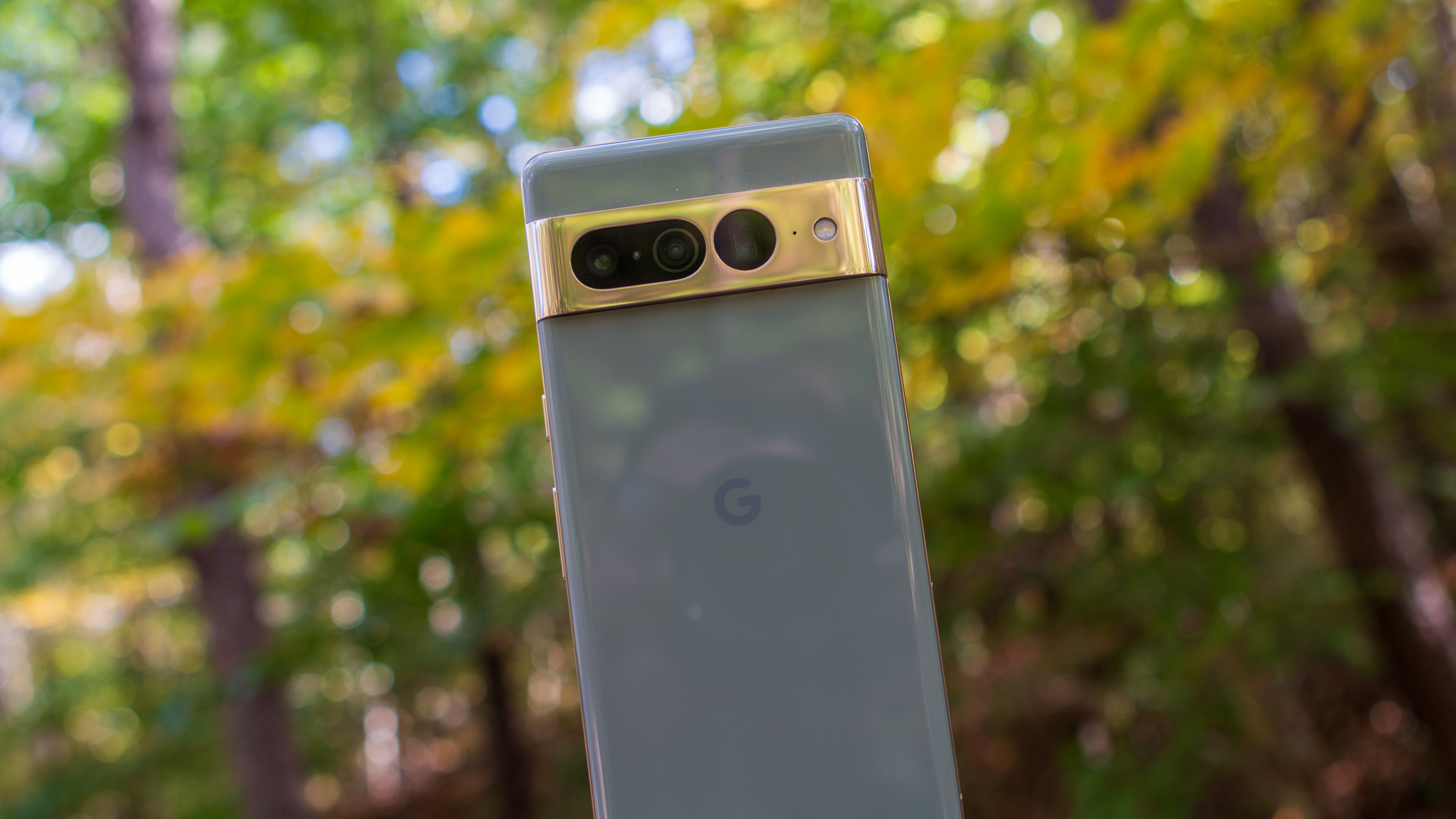
When it comes to the tech space, our collective eyes are almost always looking to the future, quick to forget about what we already have. It happens every year whenever a new phone is rumored, spinning up enough dust about whether said device will be, objectively, good or bad.
For a long time, this was just the way that the world worked, as there were enough compromises and caveats that made us want something new. But maybe it’s time to stand back and say “hey, my phone is great, do I really need an upgrade?” This is how I feel about the Pixel 8, and honestly pretty much every other phone that is likely to be released throughout the course of 2023.
There are some exceptions to that rule, as pointed out in Michael’s roundup about “how we hope the Android world will improve in 2023.” As someone who beats the foldable phone drum as loud and as often as possible, the fact remains that there’s a lot of room for improvement across the board, which is where the exception comes in.
The market is struggling
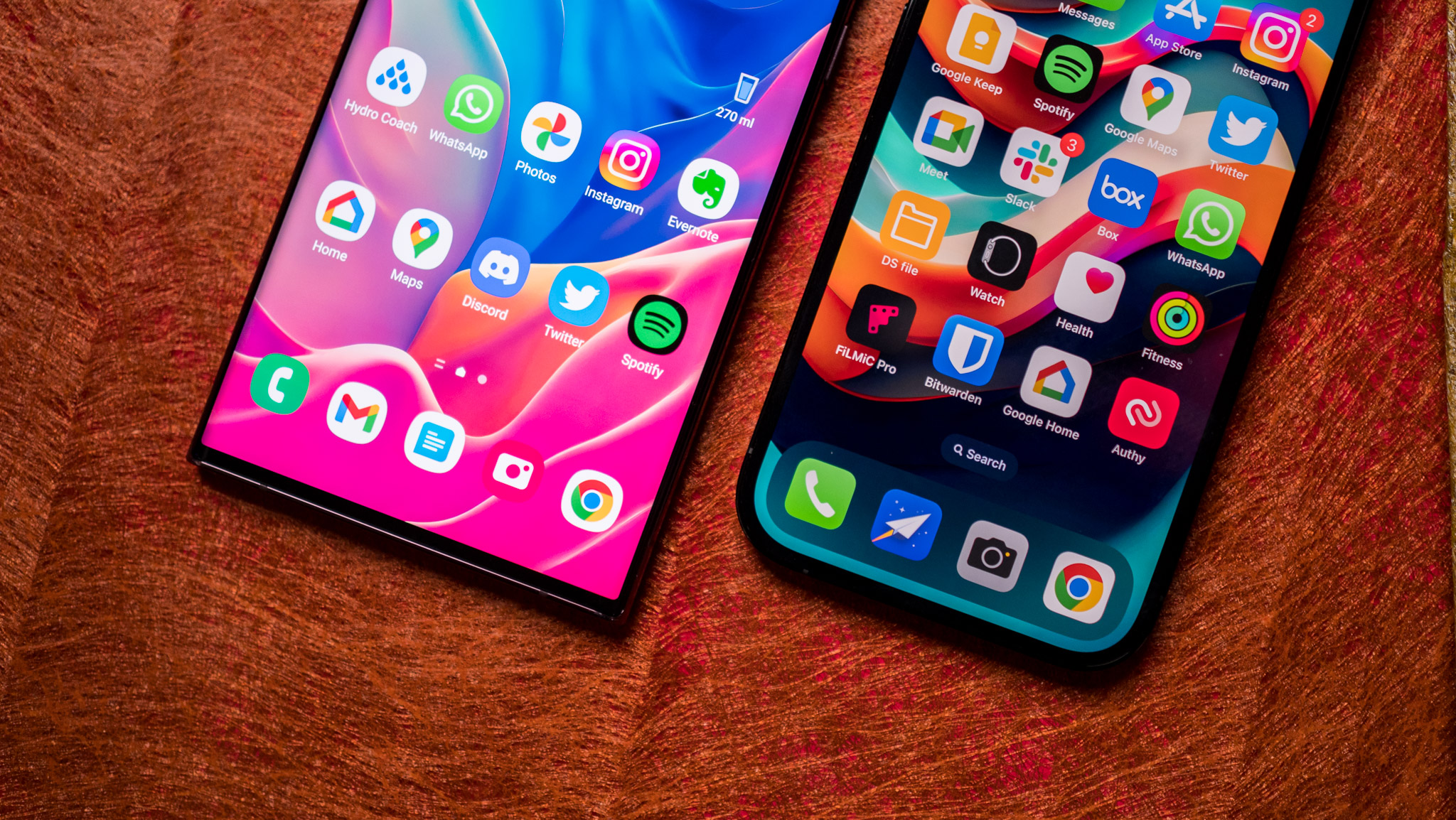
Instead, I’m more focused on the state of the “slab phone” market, and how Google might be better served by holding off on the launch of a Pixel 8. A recent report from Canalys gave us a better understanding of how the smartphone market looked at the end of 2022. And honestly, the results were pretty damning.
According to the report, “worldwide smartphone shipments fell 17% year on year in Q4 2022.” While “full-year 2022 shipments declined by 11% to fewer than 1.2 billion, reflecting an extremely challenging year for all vendors.”
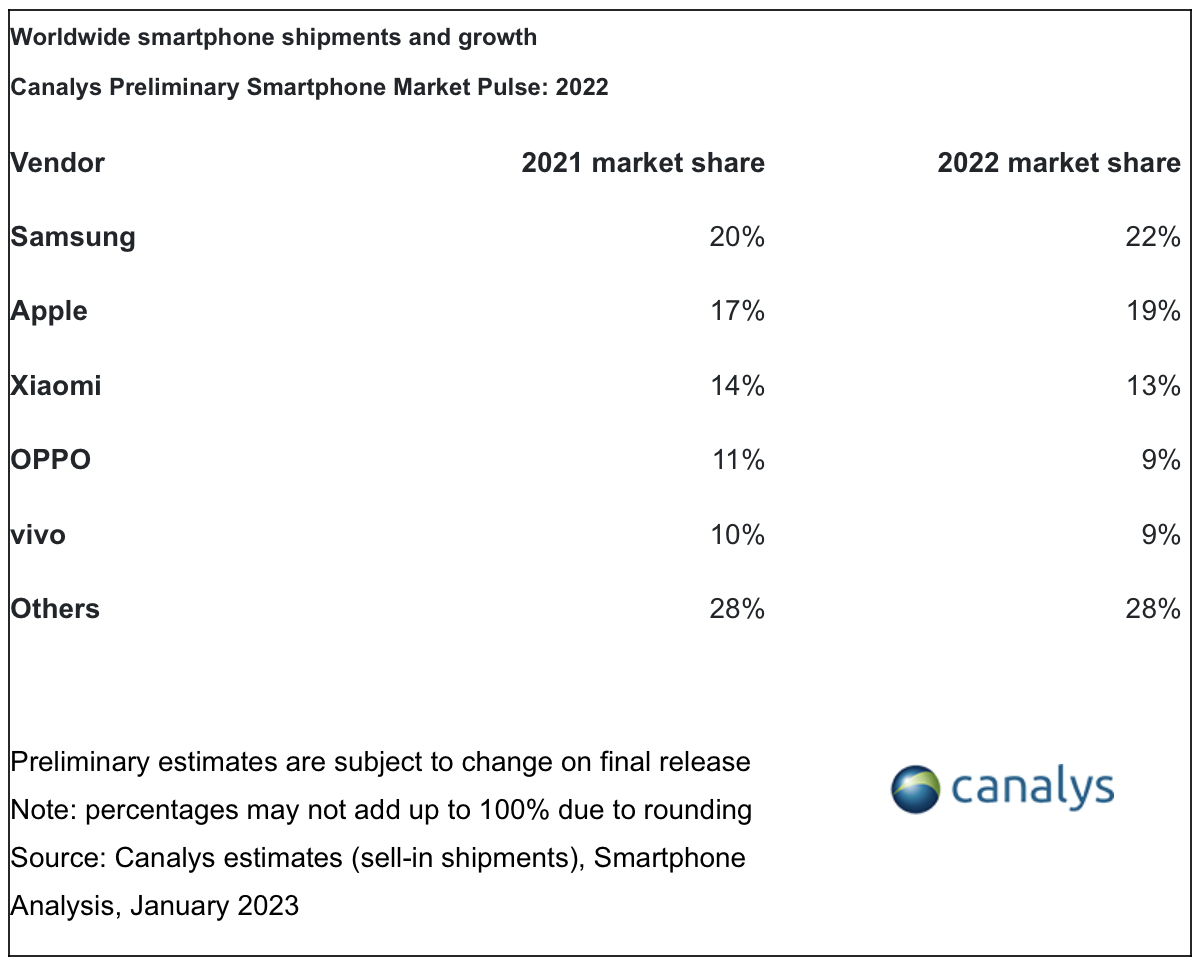
Google’s Pixel series may hold a special spot in our collective hearts, but it’s still not making much of a dent in the market. As has been the case for years, Apple and Samsung continue to battle it out to the top, while continuing to pick up more and more of the market share. Considering that there simply aren’t as many smartphone makers any longer, it doesn’t come as much of a shock. But the real question is why are overall smartphone shipments down so dramatically compared to 2021.
Part of this can be attributed to the feeling of a major economic downturn (read: recession). So far in 2023, we’ve seen Microsoft cut 5% of its workforce (about 10,000 employees), Amazon is said to be laying off 18,000 individuals, and Twitter is, well, Twitter. Google is even rumored to begin laying off workers, which could total around 11,000.
Be an expert in 5 minutes
Get the latest news from Android Central, your trusted companion in the world of Android
You don't need an upgrade every year
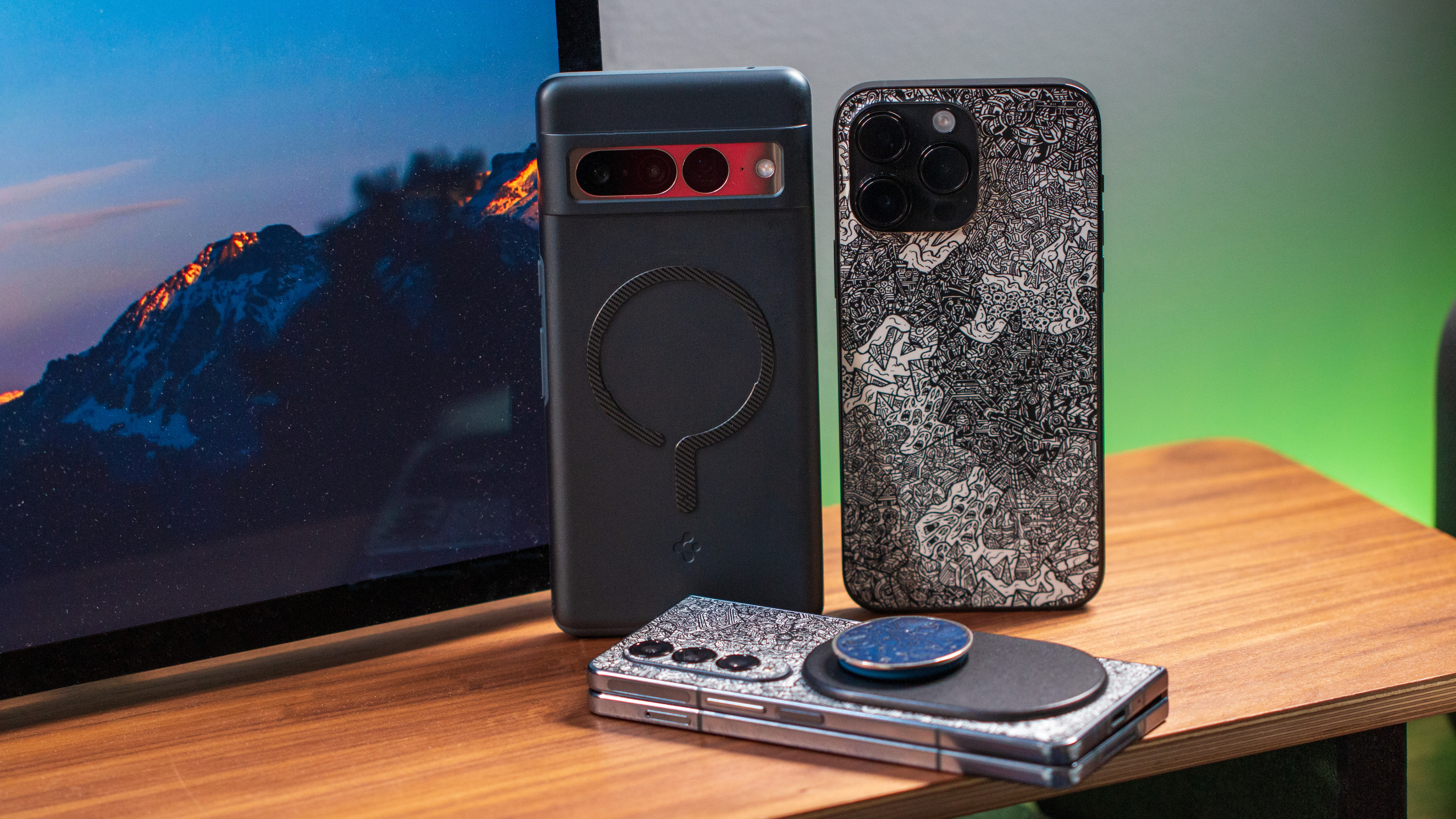
And while the possible incoming recession is one way to look at why people aren’t spending as much money, there’s another aspect to consider. Many of the best Android phones, are more powerful than the computers that you might use on a daily basis. These beasts are packed with upwards of 16GB of RAM and configurable with 1TB of storage, complete with gorgeous displays, and extra features such as being able to use your phone as a computer.
When Google released the Pixel 6, the company was lauded for going in a completely different direction, as this was the first Pixel to use Google’s in-house processor. However, there were plenty of bugs and issues that prompted many publications to basically keep a running tally. The Pixel 7 has largely fixed those problems, without actually introducing too many new problems, culminating in a series of reliable phones that have lulled us back to sleep.
Apple and Samsung are just throwing lipstick on a pig with their 2023 flagship phones.
The Tensor G2 might not offer performance gains similar to what we saw when Apple went from using Intel chips to its own silicon in the latest Mac computers. But it’s provided a stable experience for, seemingly at least, the majority of its users. And even still, it falls just a little bit behind the likes of the latest Snapdragon smartphones, but Google makes up for that in things like excellent camera hardware and on-device image processing.
If we really want Google to succeed and end up battling it out with the likes of Apple and Samsung, now might be the time for Google to take a year off. The Galaxy S23 lineup is likely to launch in just a couple of weeks, dominating the first half of the year, before the Fold 5 and Flip 5 arrive this summer. Then, Apple will slap lipstick on a pig and launch the iPhone 12 15.
But we’ve also already seen Apple and Samsung both struggle with sales across the flagship lines. Apple decided to ditch the iPhone Mini in favor of the iPhone Plus, while Samsung is rumored to be getting rid of at least one of the Galaxy S24 models next year. And despite all of that, both companies managed to gain market share between 2021 and 2022.
Where does Google fall into the scenario?
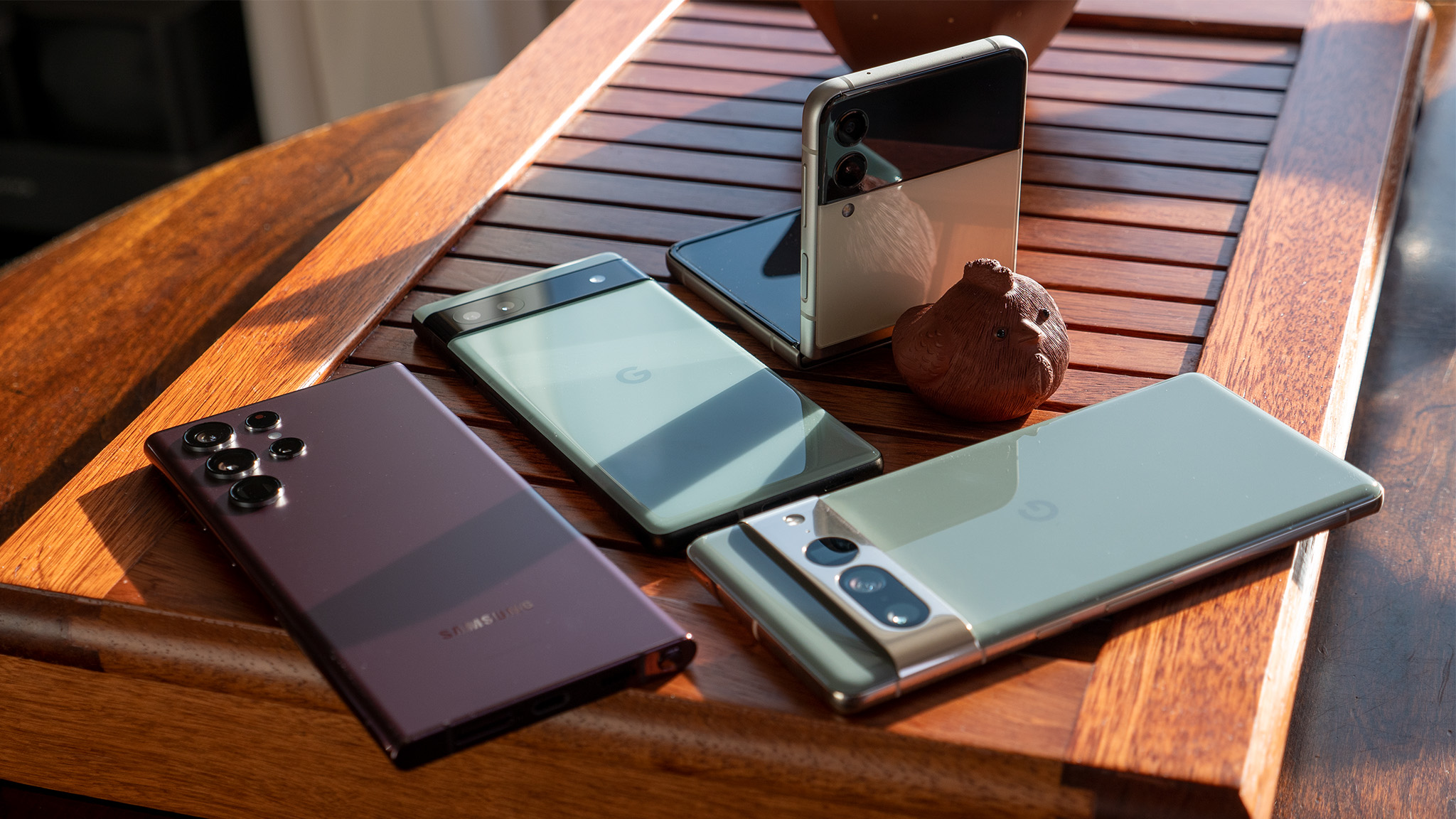
So where does that leave Google? Well, despite claims that the Pixel 7 is the “best selling Pixel ever,” it’s still lumped in with the “Others” category in Canalys’ report. Google is still trailing the likes of Xiaomi, OPPO, and Vivo. And that’s largely to be expected given that those companies offer devices in more regions than Google.
My train of thought is that Google should take 2023 off entirely, at least when it comes to the smartphone market. As much as it pains me to say this, push the Pixel Fold back even further because now’s not the time to launch a new $1300-$1500 phone in a niche market. Hold back the Pixel 8 until the Tensor G4, and just let the dominoes fall where they might.
Instead of falling in line with the endless churning of device releases, give us the breath of fresh air that we’ll need in 2024. Hell, Google could even switch up its release cycle, and instead of being a tease, just released its new lineup of hardware at I/O instead.
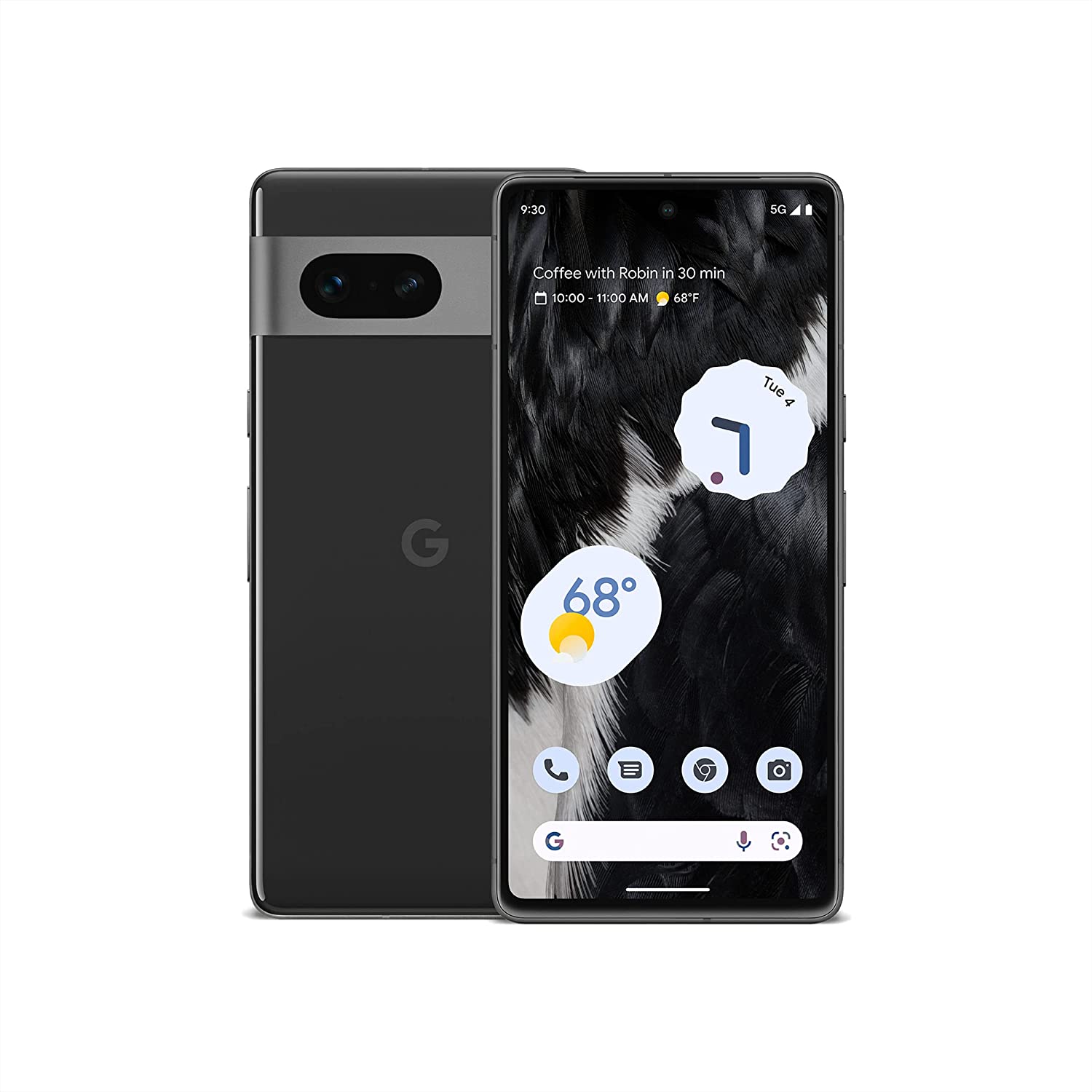
Arguably the best
The Pixel 7 from Google isn't overly flashy and might not feature the most powerful hardware. But it gets a lot of things right, and will be more than reliable for the next few years.

Andrew Myrick is a Senior Editor at Android Central. He enjoys everything to do with technology, including tablets, smartphones, and everything in between. Perhaps his favorite past-time is collecting different headphones, even if they all end up in the same drawer.
